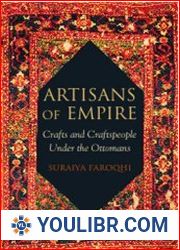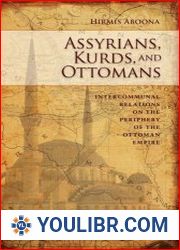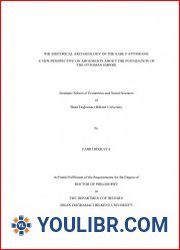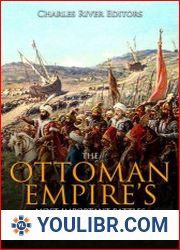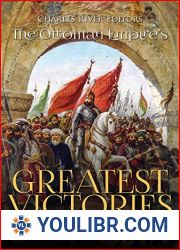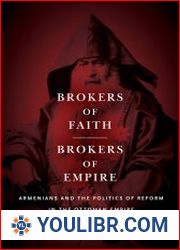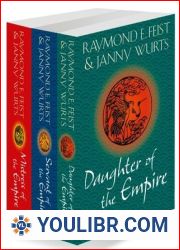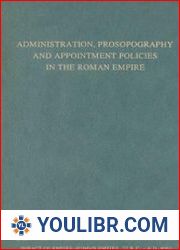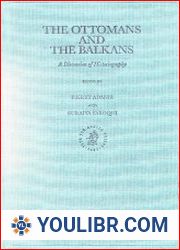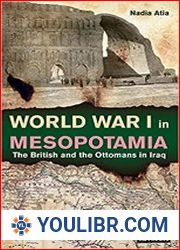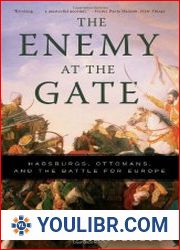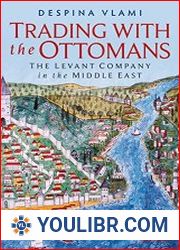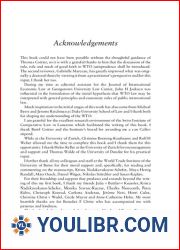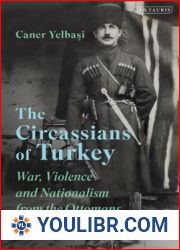
BOOKS - HISTORY - The Ottomans Empire of Faith

The Ottomans Empire of Faith
Author: David Nicolle
Year: 2008
Format: PDF
File size: 94.27 MB
Language: ENG
Year: 2008
Format: PDF
File size: 94.27 MB
Language: ENG
At its apogee, the Ottoman sultanate covered an area similar to that of the medieval Byzantine empire in its heyday, encompassing the Balkan peninsula, Asia Minor, Greece, and parts of North Africa. Many Christians as well as Muslims came to see the sultan as the "new emperor," a legitimate successor to his Orthodox Christian predecessors. In fact Turks and Byzantines had a long historical relationship stretching back at least to the fall of the Roman empire. This major event in European history is, of course, misnamed, since the Roman empire as a whole did not fall in the last quarter of the fifth century AD; only its western half collapsed as a result of internal decay and external invasion. The eastern Roman empire survived as the Romano-Byzantine or simply the Byzantine empire, its citizens continuing to refer to themselves as Romans, while the first Turks to conquer and settle Anatolia, now the heartland of modern Turkey, were known as the Seljuqs of Rum - of the "Roman land." In time, Rum became a vassal of the Il-Khans and Anatolia became a patchwork of small Turkish states. One of them was destined to become the most powerful of all the Turkish nations - the Ottomans.










